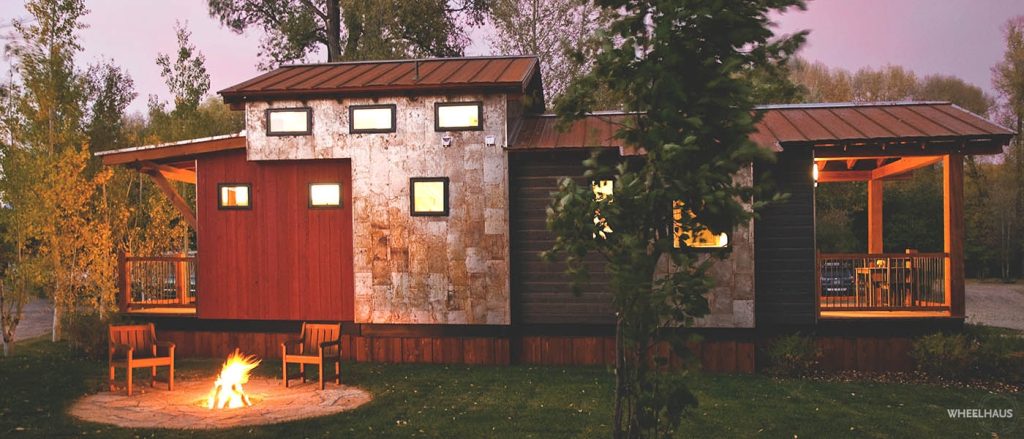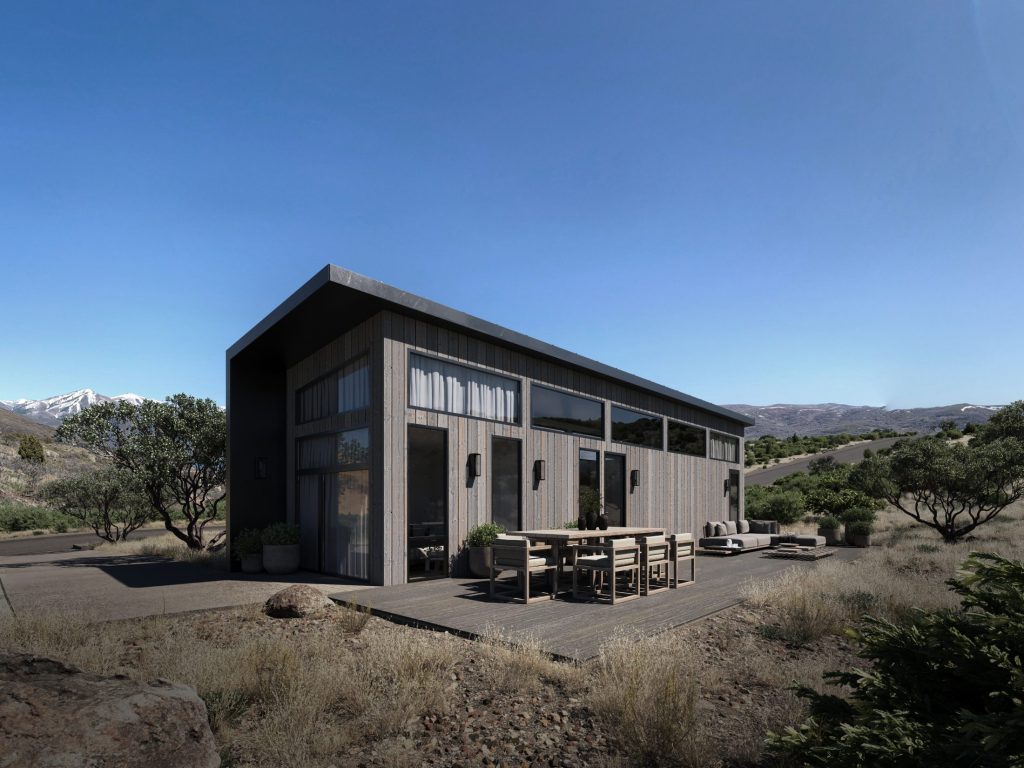In a world where consumerism and materialism have become deeply ingrained in our culture, many families are seeking alternative lifestyles that prioritize connection, sustainability, and minimalism. Enter the tiny home movement, a revolution that advocates downsizing and embracing the philosophy of “less is more.” For families, this trend represents an opportunity to create stronger bonds, foster shared experiences, and lead a more environmentally friendly life. In this article, we explore the benefits of tiny homes for families and how they can foster meaningful connections through shared spaces.
The Rise of Tiny Homes
Tiny homes have gained significant popularity over the past decade, with enthusiasts across the globe embracing the concept of living in compact, well-designed spaces that maximize functionality. Originally seen as a solution for individuals seeking financial freedom and flexibility, tiny homes have now evolved into a practical and viable option for families.
Embracing Minimalism
One of the primary appeals of tiny homes for families is the chance to embrace minimalism. By adopting a minimalist lifestyle, families focus on what truly matters: each other and shared experiences. In a tiny home, space constraints necessitate decluttering and careful consideration of possessions, leading to a more intentional approach to material belongings.
Minimalism encourages families to prioritize experiences over possessions, instilling important values like gratitude, contentment, and resourcefulness in both children and adults. It allows families to focus on the intangibles that enrich life, such as quality time spent together, rather than constantly seeking material possessions for fulfillment.
Strengthening Family Bonds
Living in close quarters in a tiny home fosters a unique sense of togetherness. With less space for individual retreats, family members are naturally encouraged to engage with one another more frequently. Daily activities such as cooking, eating, and playing games become communal events that deepen family bonds.
Shared responsibilities in a tiny home also encourage teamwork and cooperation among family members. Everyone has a role in maintaining the home, which teaches valuable life skills and reinforces the idea that every family member plays an essential part in the family’s well-being.
Encouraging Open Communication
The tight-knit nature of a tiny home promotes open communication among family members. With less physical space to retreat to during conflicts or challenges, families are encouraged to address issues promptly and respectfully. This enhanced communication fosters a supportive and emotionally healthy environment, where all family members feel heard and valued.
Enjoying Nature and Outdoor Spaces
Tiny homes often embrace a “less is more” philosophy not just within the house but in the surrounding environment as well. Families living in tiny homes often choose scenic locations, such as forests, mountains, or near lakes, that encourage spending time outdoors and engaging with nature. This closeness to nature offers numerous physical and mental health benefits for all family members and allows them to bond through shared outdoor activities.
Eco-Friendly Living
In addition to the personal benefits, tiny homes promote eco-friendly living. The smaller size of the house results in reduced energy consumption and a smaller carbon footprint. Many tiny homes incorporate sustainable materials, energy-efficient appliances, and renewable energy sources, further contributing to environmental conservation. Families that choose tiny homes demonstrate a commitment to preserving the planet for future generations, setting a positive example for their children.
Tiny homes provide families with a unique opportunity to embrace minimalism, foster stronger bonds, and prioritize shared experiences over material possessions. Living in close quarters encourages open communication, cooperation, and teamwork, creating a nurturing environment for all family members. Moreover, by choosing a tiny home lifestyle, families make a positive impact on the environment, promoting sustainable practices for future generations. As more families opt for tiny homes, they not only redefine the concept of a “home” but also redefine the meaning of “family” – a supportive and connected unit that thrives on shared spaces and experiences.



